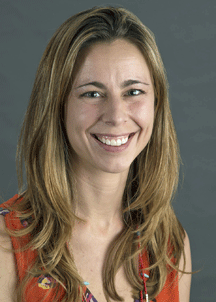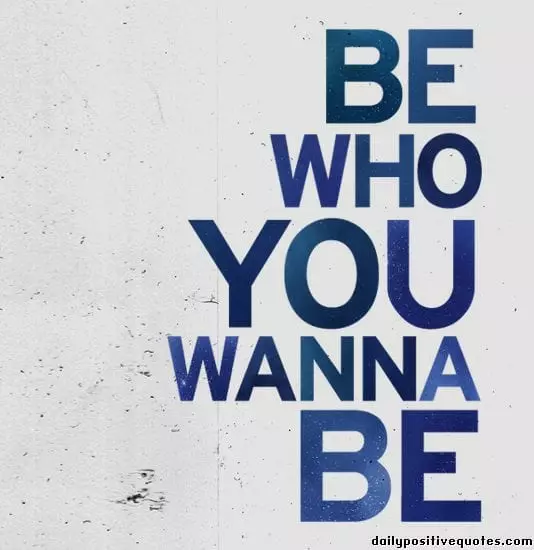
As I finish up my first year in graduate school, I am reflecting on the reasons I chose to enroll in a social work program. First, I want to change to world, and I want to help as many people as I can. I know I cannot change everything, but I can motivate and empower other people to help to make a bigger impact.
My passion for social justice drove me into the Masters of Social Work (MSW) program, and I was ready to set forth and learn how to save the world. Now during my whole time at school, I get ask the same questions over and over again about why I am studying social work and the reasons behind it. Once I tell people I am getting my MSW, they certainly jump to conclusions about my career path.

- You are not going to make any money.
- You are going to take kids away from bad parents.
- Oh! I know a social worker at my school. She’s great!
- Good for you; that job is so challenging.
- Why are you learning about fundraising if you are going to be a social worker? They are so different.
- What population do you want to work with?
- What therapy method do you prefer?
- Why do you want to help poor people?
- You need to get licensed right away.
- You should memorize the Diagnostic Statistical Manual (DSM)
- Take a course on Cognitive Behavior Therapy (CBT) for sure
- You need to focus and take as many advanced clinical courses as possible.
Sadly, I have heard all of these statements and more related ones too many times. The frustrating part about these comments is not the fact people are trying to help or learn more about my career, but they are judging my career choice before I get a chance to explain my reasoning. The worst part about this is that people who call themselves social workers are the most judgmental. They believe in their definition of social work, and what I want to do is not it.
They in some ways diminish my motivation for social change and push more towards therapy. Even the educational requirements are steering away from social justice initiatives and focusing on therapy. Is that what social work is now? Cheap therapy? If you would like more information on the subject, there is a book called Unfaithful Angels: How Social Work has Abandoned its Mission by Harry Spect and Mark E. Courtney. The book is a great read for any social worker out there trying to evaluate their roles as a social worker in society.
As many of you know, the definition of social work is vast and expanding. You can read about the great things and various aspects of the social work profession/opportunities in other articles on this website. It is not just counseling or adhering to the needs of individuals, but much more. This can include anything related to helping individuals including but not limited to social policy analysis, program development, community assessment, advocacy, community organizing, development, organizational management, case management, research, social change and more, not just counseling.
With this being said, it is sad that many schools and professionals are telling students every day their focus should be on therapy and clinical intervention. I do not discredit the wonderful work clinical social workers do because it is necessary. I just want the opportunity for my fellow students and I to mold our own definitions of social work based on our personal and communal factors. We should focus our education, internships, jobs based on what we like to do and what we feel is necessary. We certainly would not tell clients what to do based on our own perceived conceptions of their identity, then we should not do it for social work students.
For clarification, I do plan on being a social worker, but I am going to be MY definition of a social worker. I plan to be a nonprofit executive leading human service agencies. I am getting my MSW to understand the perspective of oppressed individuals, and how my good friend says it, put the human back in human services.
If a label is part of my identity, I will dictate what I believe the label means. In order for you to know, you need to ask me instead of judging based on your preconceived notions. Rather than tell me what to do, maybe you could offer your advice or assistance if I ask for it. Our future is determined by our decisions, and we students need to learn that for ourselves. Honestly, you’d be surprised how much we know already, and you could learn more about us if you do not jump to conclusions.













